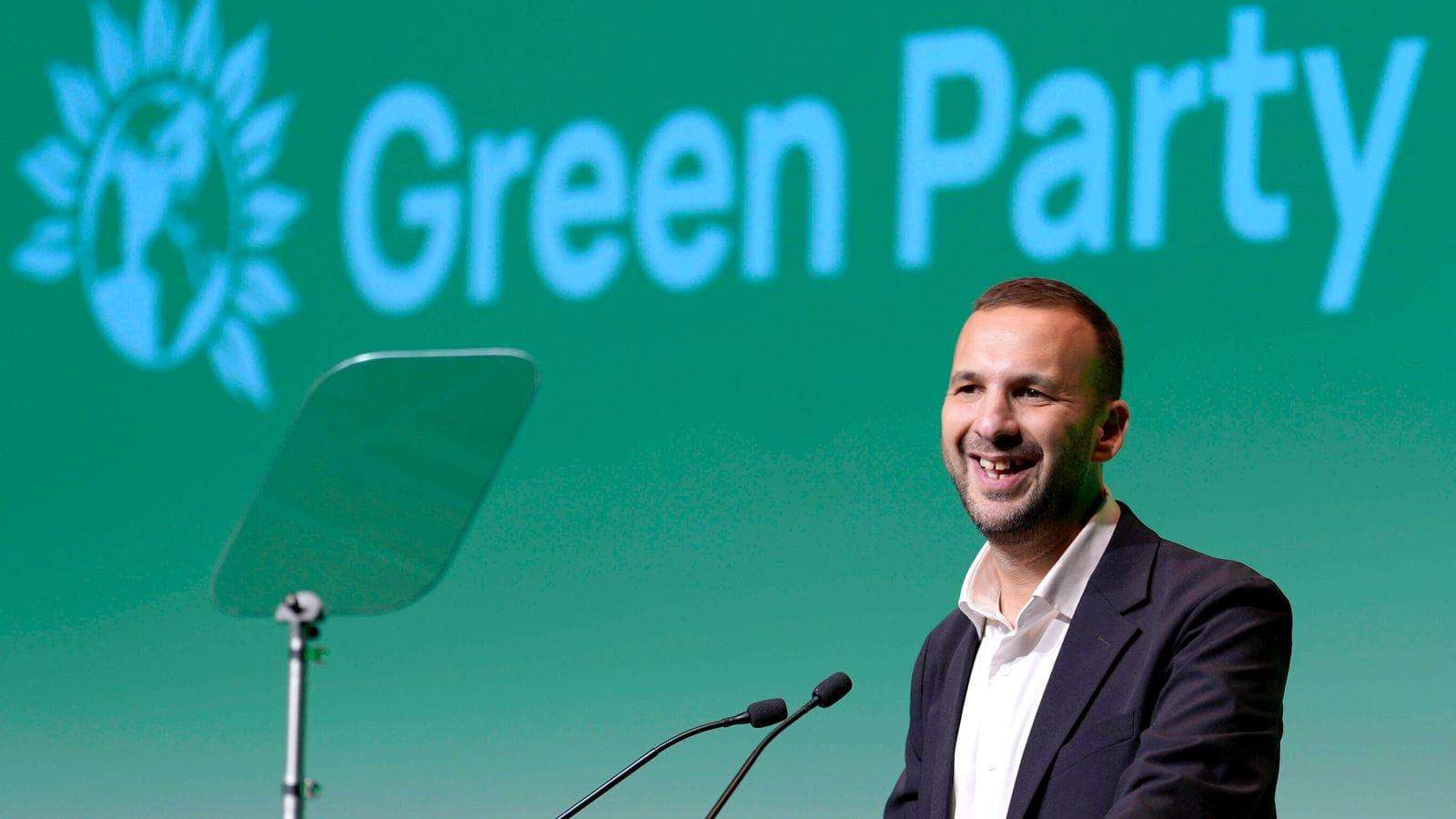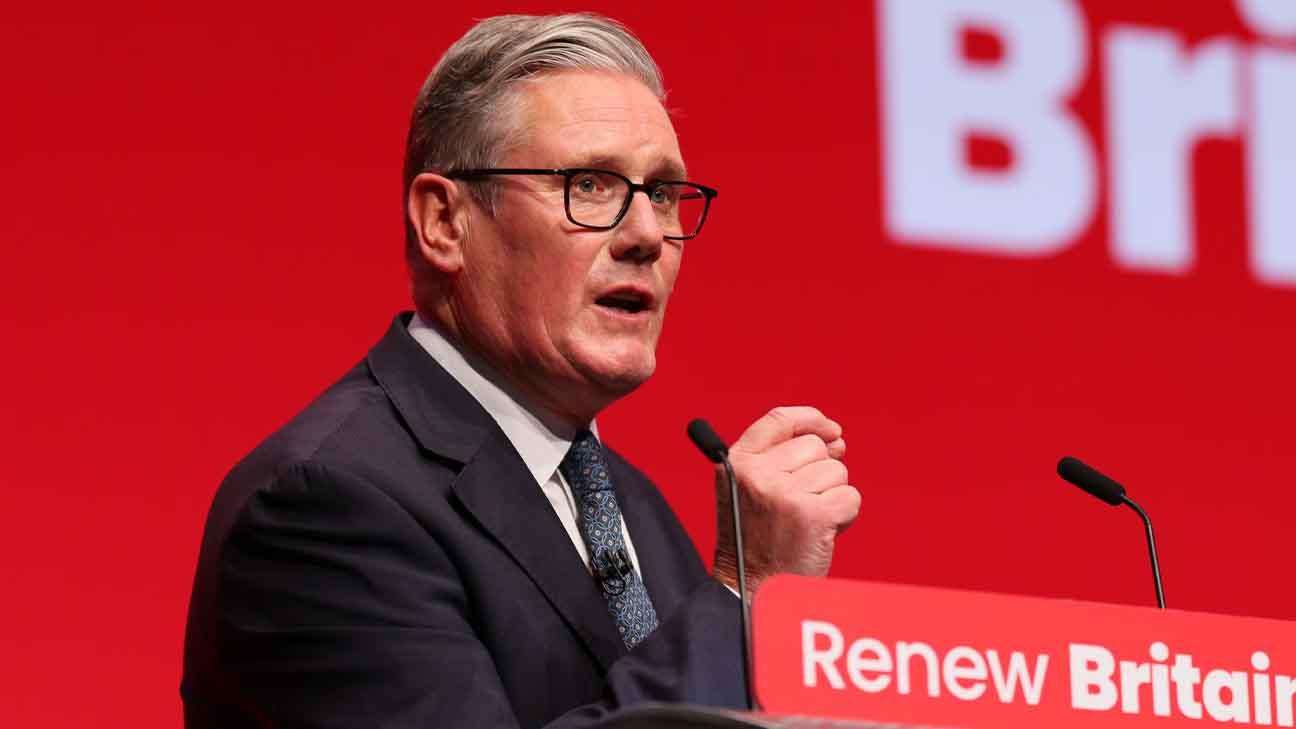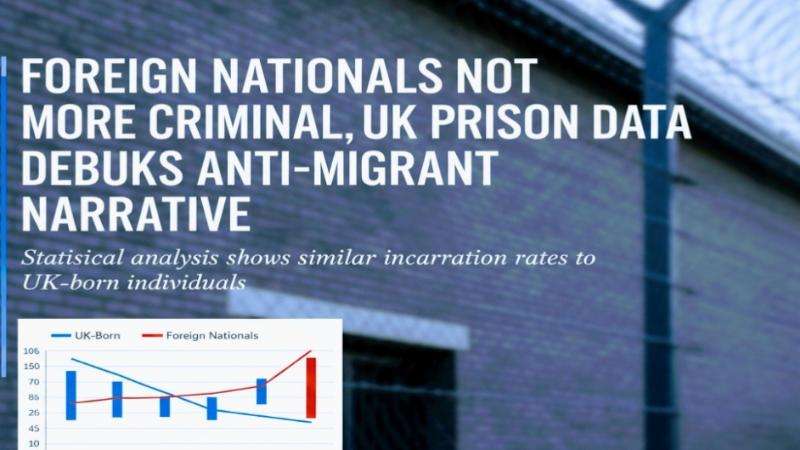Prime Minister Keir Starmer has suggested a review of how British courts interpret international law as part of efforts to curb small boat crossings across the Channel, which he described as “Farage boats” due to their surge since Brexit.
Speaking after Labour’s annual party conference in Liverpool, Starmer said he backed the UK’s membership of the European Convention on Human Rights (ECHR) but stressed that some provisions were being interpreted too broadly by judges, particularly in cases involving deportations.
“We need to look again at the interpretation of some of these provisions, not tear them down,” he told BBC Radio 4’s Today programme. While reaffirming that asylum should be granted to those genuinely fleeing persecution, he said Britain was facing levels of “mass migration in a way that we have not seen in previous years.”
Brexit and the rise in Channel crossings
Starmer placed blame on Brexit for the rise in small boat arrivals, noting that before leaving the EU, the UK was part of the Dublin convention, which allowed asylum seekers to be returned to the first EU member state they entered. Since that agreement ended in 2020, small boat arrivals have reached record levels, with Home Office figures showing more than 33,000 people have crossed so far this year—the highest since records began in 2018.
“These are Farage boats, in many senses, that are coming across the Channel,” Starmer said. “Before we left the EU, we had a returns agreement with every country in the EU. Nigel Farage told the country it would make no difference if we left. He was wrong.”
The prime minister called for ramping up a new returns deal with France, aimed at sending back those who attempt illegal crossings while accepting legitimate asylum seekers through official routes.
Human rights law under review
Starmer cited Articles 3 and 8 of the ECHR—provisions that protect against torture and guarantee the right to private and family life—as areas where judicial interpretation has complicated deportations of foreign criminals. Ministers have long argued that these protections are sometimes applied too broadly.
Clash with Farage and Reform UK
During his conference speech, Starmer sharply criticised Nigel Farage and his Reform UK party, accusing them of promoting policies that undermine Britain’s diversity. He argued that Reform’s proposal to scrap indefinite leave to remain risked making hundreds of thousands of legal immigrants vulnerable to deportation, leaving minority communities feeling a “shiver down their throat.”
While stressing he did not believe Farage himself was racist, Starmer branded Reform’s immigration platform as such. Farage hit back, accusing the prime minister of endangering his activists by making such claims.
Deputy Prime Minister David Lammy later rowed back on a previous remark suggesting Farage had “flirted with Hitler Youth,” while Pat McFadden, the work and pensions secretary, praised Starmer for showing “real fightback” and restoring confidence in Labour leadership after recent internal challenges.
A defining political divide
Framing the debate as an “era-defining choice,” Starmer contrasted Labour’s vision of a “beautiful, tolerant, diverse country” with what he described as the populist right’s attempts to “stir the pot of division.”
_3.jpg)
_4.jpg)






.svg)



